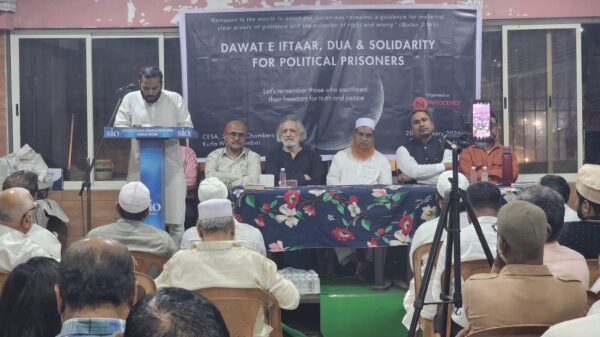A recent survey conducted as part of the “Status of Policing in India Report” (SPIR) has revealed that a significant majority of police respondents in Punjab reject the stereotype associating criminal behavior with Muslims, Dalits, and Adivasis. This finding is notably different from perceptions observed in other regions of India.
According to the survey, over 80% of Punjab’s police officers expressed the belief that these communities do not inherently lean towards criminal behavior. This perspective stands out when compared to responses from police forces in other states, where such stereotypes are more commonly held. The findings highlight a more progressive stance by Punjab’s law enforcement when it comes to issues of crime and community relations.
Policing Practices and Public Safety
The survey also revealed some interesting insights into the policing practices in Punjab. The state’s law enforcement reported the highest proportion of arrests related to loitering and public nuisance, with such offenses accounting for 60% of total arrests. This suggests that Punjab Police adopt a proactive approach to maintaining public order, even as they reject the notion that specific communities are predisposed to criminality.
Attitudes Towards Torture and Mob Violence
In terms of human rights practices, the survey indicates that Punjab’s police force shows relatively low tolerance towards the practice of torture. Only 15% of respondents expressed a high willingness to justify such actions, while 30% indicated low tolerance, and another 30% showed very low tolerance for it.
Furthermore, Punjab police were among the least likely to justify mob violence, especially in cases of cow slaughter allegations. 62% of the respondents stated that mob violence should never be justified, a sentiment that aligns with findings from other progressive states like Kerala and West Bengal.
Implications for Future Policing Strategies
These findings suggest that Punjab’s police force is embracing a more balanced and equitable approach towards crime, focusing on community relations and the rejection of harmful stereotypes. This shift could have significant implications for future policing strategies, particularly in terms of community outreach programs and maintaining peace without unfairly targeting specific groups.
The SPIR 2025, which was released on March 26 at the India International Centre, was presented by a panel of distinguished experts, including Justice S Muralidhar, former Chief Justice of the Odisha High Court, lawyer and activist Vrinda Grover, and former DGP Prakash Singh. The report focused on police accountability, torture, and the need for greater reforms in India’s law enforcement agencies.

































































